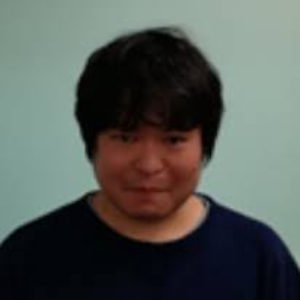Title: Raspberry ketone production from glucose by metabolic engineered Escherichia coli.
Abstract:
Raspberry ketone is in great demand as a plant-based natural flavor agent. The berry flavor of raspberry ketone with a low odor threshold is used as a food additive to create various aromas such as cherry, strawberry, kiwi and other fruits. However, natural raspberry ketone is one of the most expensive flavor compounds due to the limited raspberry ketone contents in plants. Microbial fermentation should be an alternative strategy that allows inexpensive mass production of raspberry ketone without the need for extraction from plants. Here, we demonstrate de novo production of raspberry ketone from simple carbon sources in Escherichia coli. To increase the precursor production, we generated p-coumaric acid overproducing E. coli by metabolic engineering. The resulting E. coli produced 1.9 g/l of p-coumaric acid from glucose. The p-coumaric acid CoA ligase and amino acid substituted benzalacetone synthase, derived from Agrobacterium tumefaciens and Rhemu palmatum (commonly known as Chinese rhubarb), respectively, were expressed in p-coumaric acid-overproducing E. coli. Overexpression of fabF, coding b-Ketoacyl-acyl carrier protein (ACP) synthetase II, combined with the addition of fatty acid elongation inhibitor cerulenin increased intracellular malonyl-CoA, the precursor of benzalacetone synthase in raspberry ketone biosynthesis, and improved raspberry production. After optimizing the culture conditions, the fed-batch cultured engineered E. coli produced 62 mg/L of raspberry ketone from glucose. Our production system would be a great contribution to the flavor and fragrance industries as an inexpensive method that does not rely on plant extraction.



